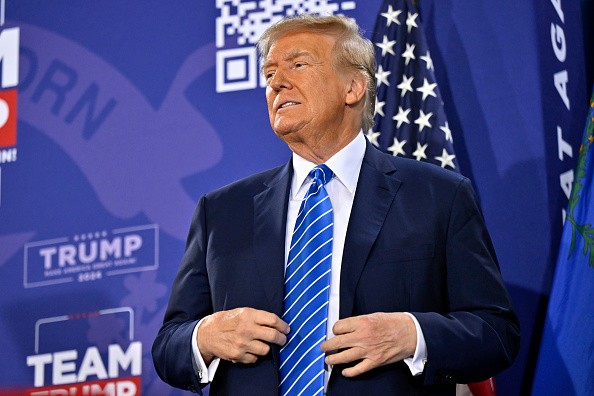A federal appeals court has ruled that former President Donald Trump does not have presidential immunity from criminal charges related to efforts to overturn a 2020 election loss for a second term.

The legal battle over this immunity claim comes from the criminal interference case being prosecuted by special counsel Jack Smith in U.S. District Court in Washington D.C. The court's decision was unanimous.
"We have balanced former President Trump's asserted interests in executive immunity against the vital public interests that favor allowing this prosecution to proceed," the three-judge panel wrote in the 57-page opinion.
"We conclude that '[concerns] of public policy, especially as illuminated by our history and the structure of our government' compel the rejection of his claim of immunity in this case," the panel wrote as it upheld a trial judge's ruling on the issue.
Analysts believe Trump will pivot to the Supreme Court and request they overturn the decision by the U.S. Court of Appeals for the District of Columbia Circuit.
The Panel rejected three different immunity arguments floated by Trump's layers that were made "both as a categorical defense to federal criminal prosecutions of former Presidents and as applied to this case in particular."
"For the purpose of this criminal case, former President Trump has become citizen Trump, with all of the defenses of any other criminal defendant," the panel wrote.
"But any executive immunity that may have protected him while he served as President no longer protects him against this prosecution."
Trump is charged with four counts of crimes, including conspiracy to defraud the United States and conspiracy to obstruct an official proceeding. He has plead not guilty.
Trump is charged in the case with four counts of crimes including conspiracy to defraud the United States and conspiracy to obstruct an official proceeding. He has pleaded not guilty.
Lawyers for the defense seeking to dismiss the cause argued that Trump has "absolute immunity" from prosecution because the charges relate to official acts performed while he was president.
After Judge Tanya Chutkan declined to dismiss the charges, Trump's attorneys brought the immunity argument to the appeals court. That move put the case on hold in Chutkan's court.
Special counsel Jack Smith is looking to avoid a drawn-out legal dispute that could delay Trump's trial and has urged the Supreme Court to quickly take up the dispute. The high court declined to do so, putting the matter back into the appeals court's hands.








